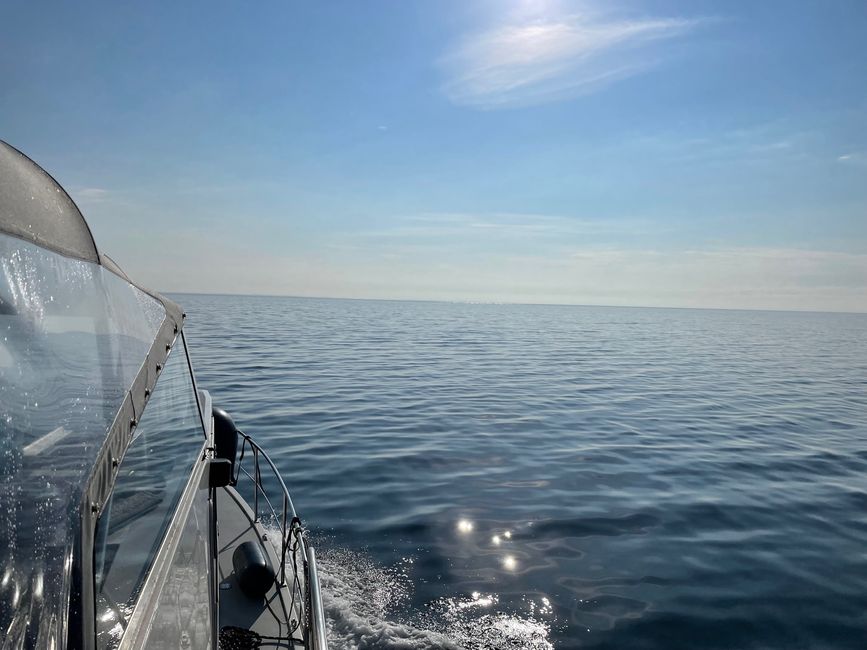
Odenwälder-auf-dem-Weg-ins-Mittelmeer
vakantio.de/odenwalder-auf-dem-weg-ins-mittelmeer
Leucate - Palamos, Costa Brava
Басылган: 28.06.2023
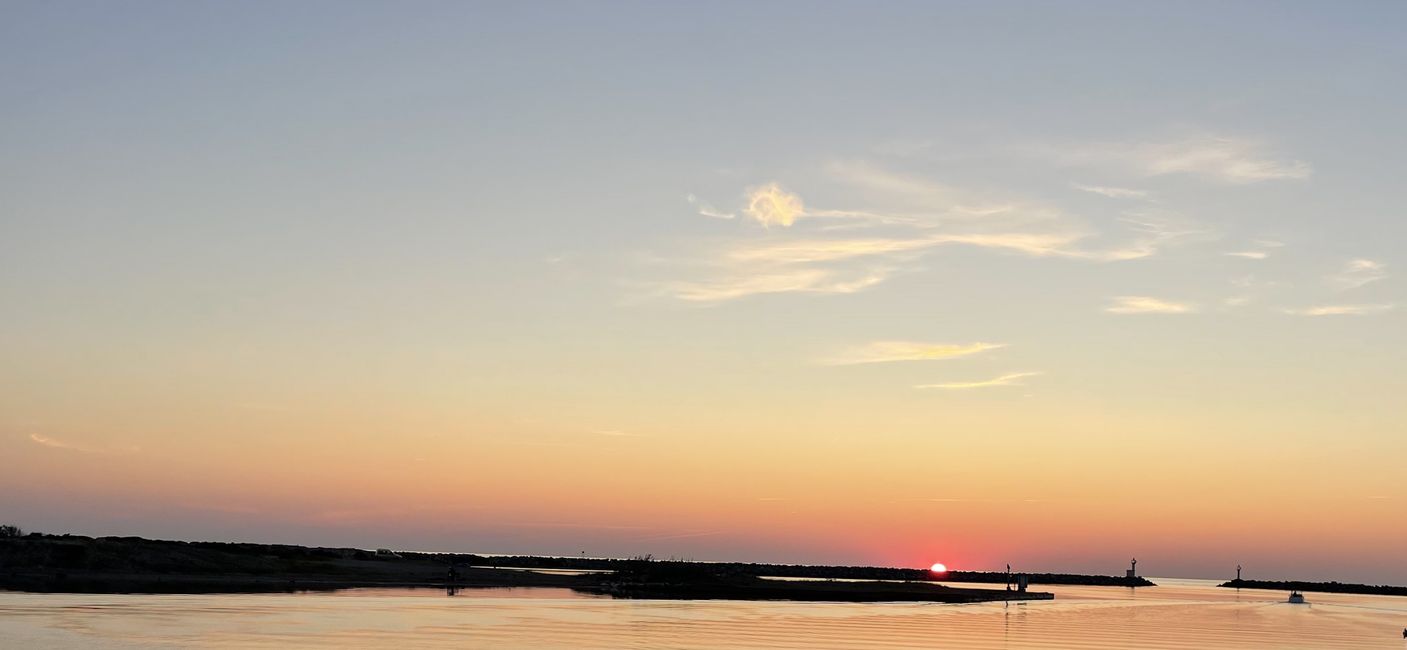
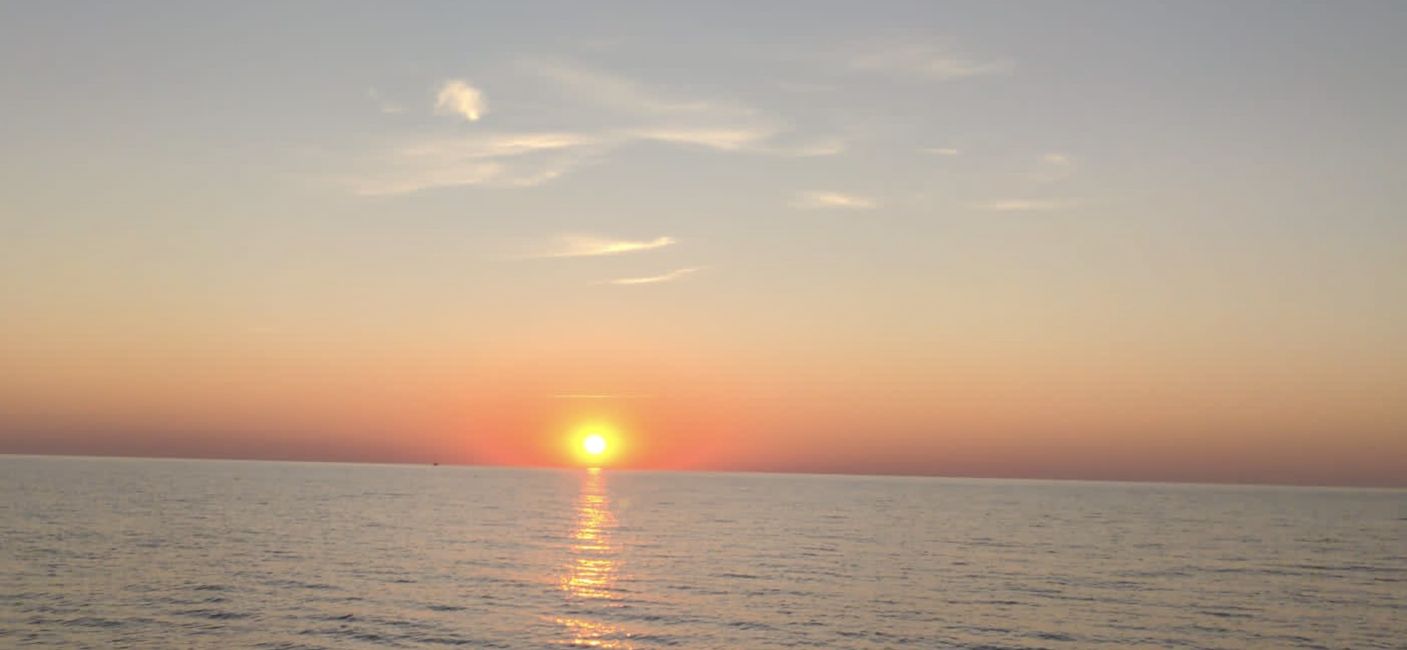
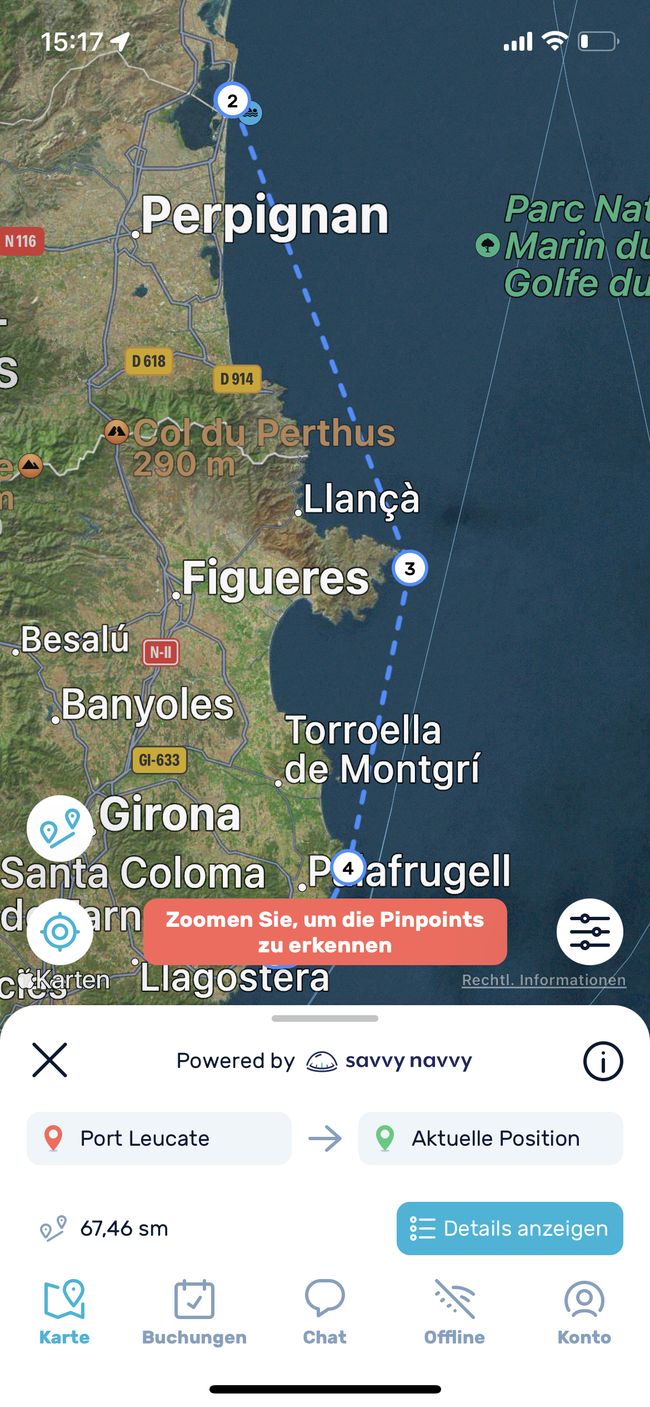
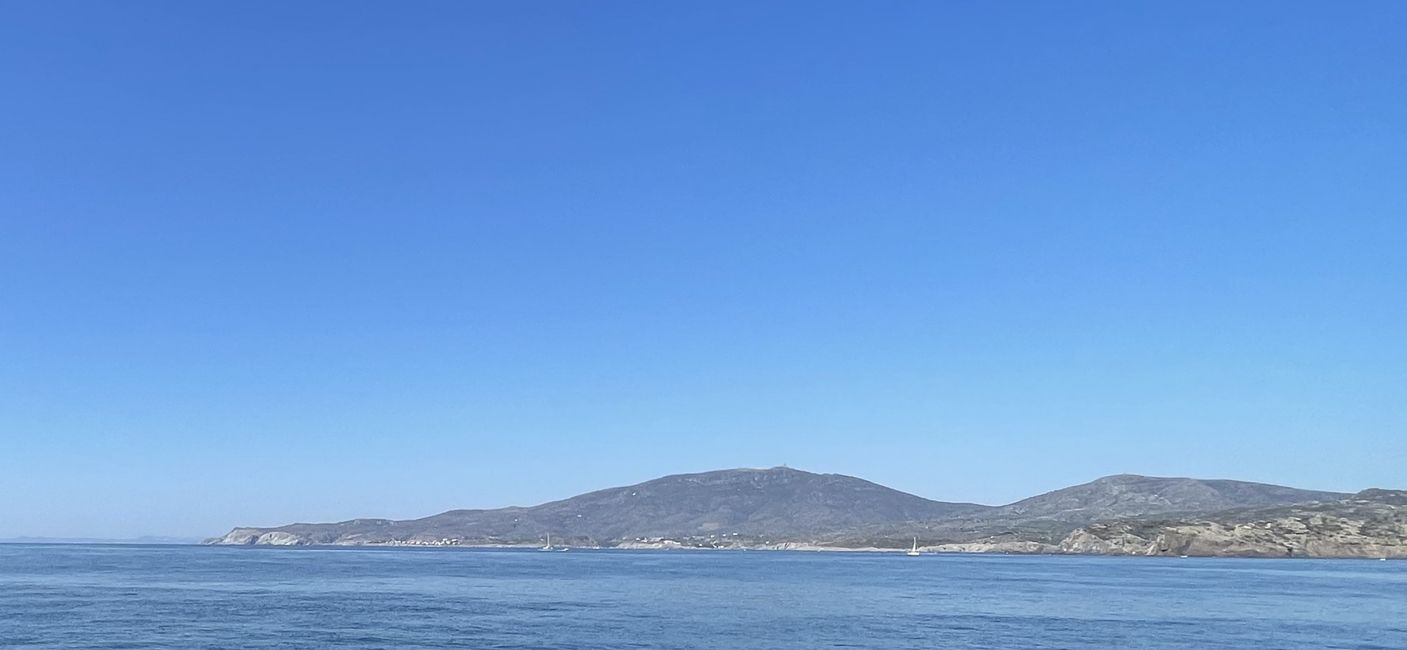
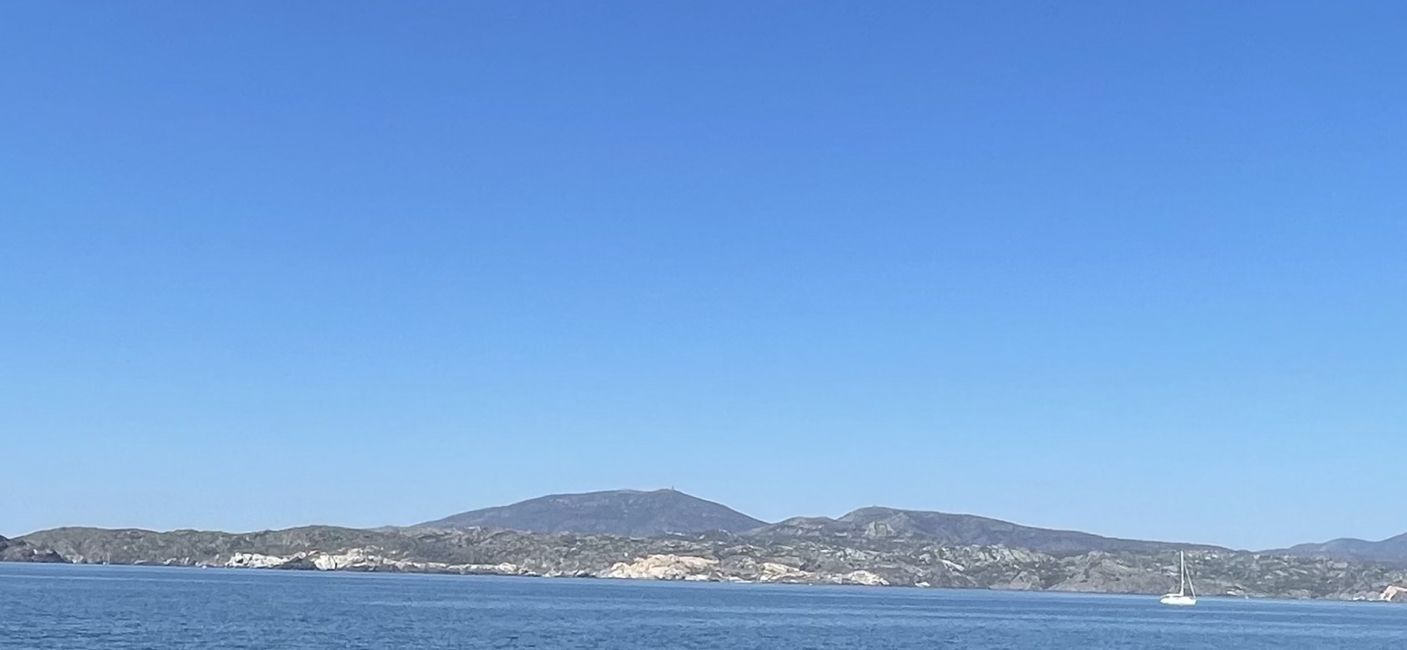
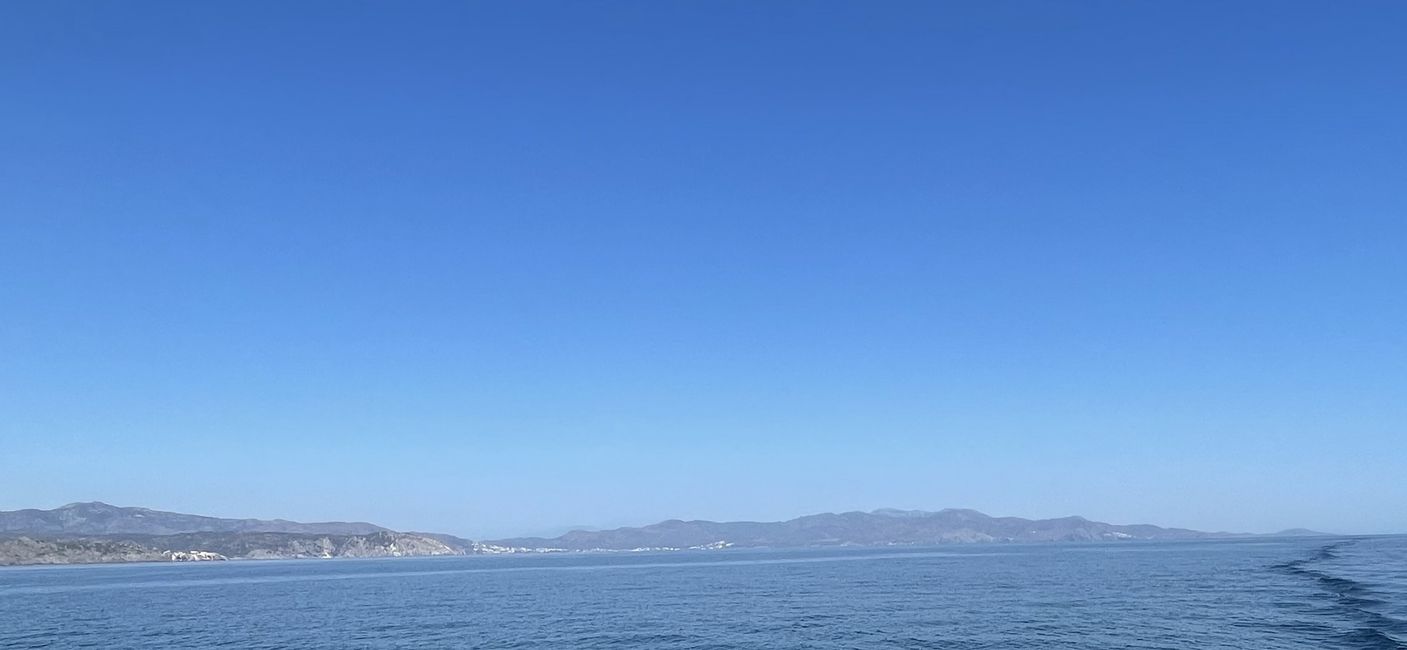
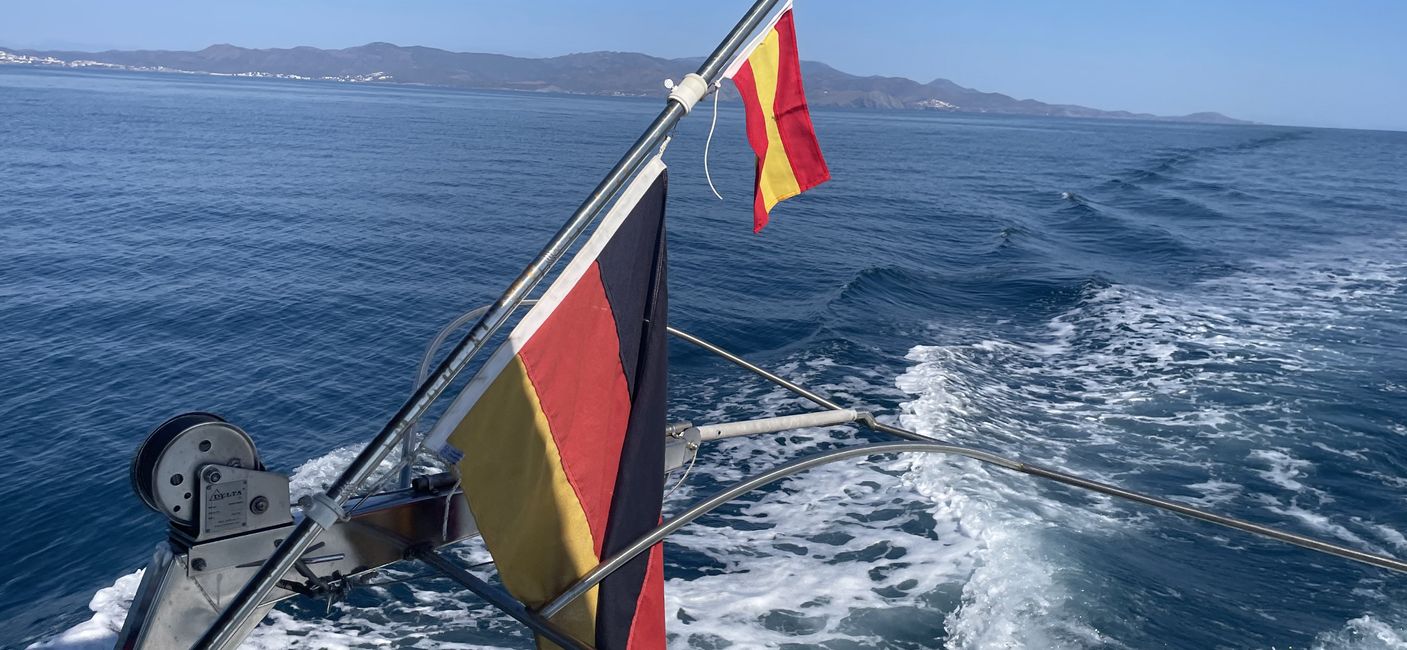
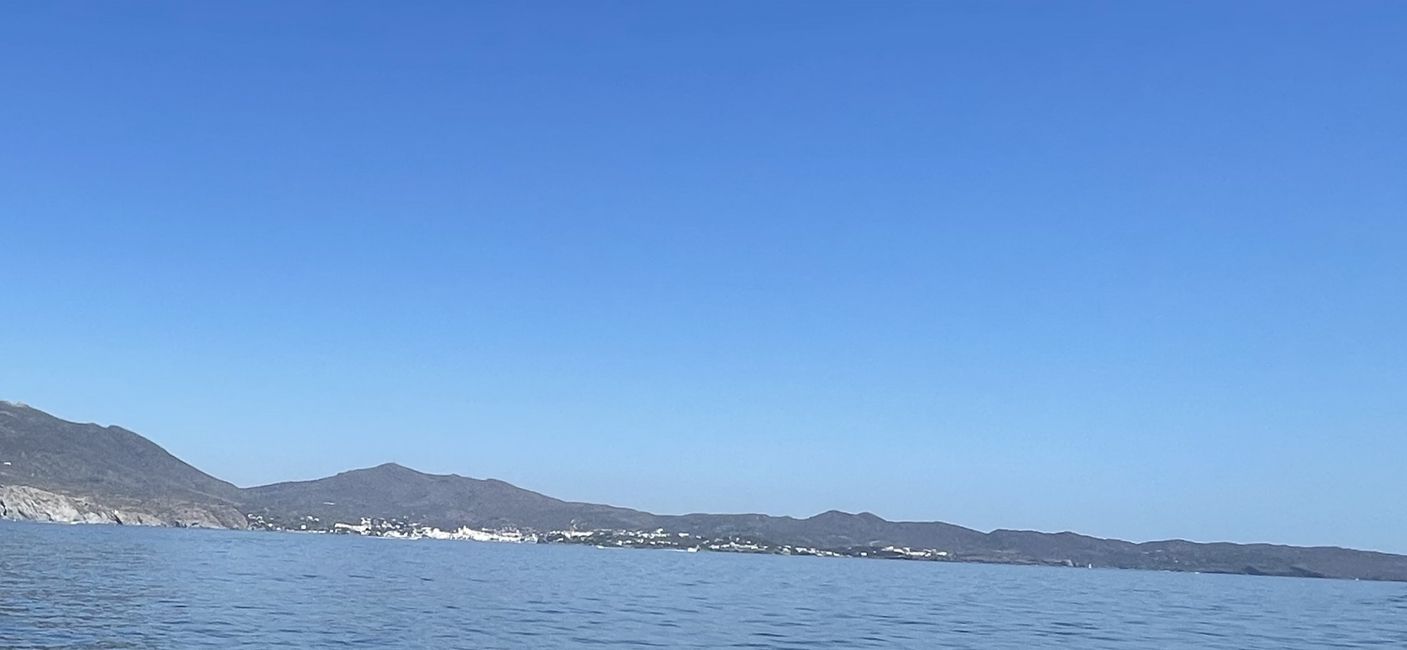
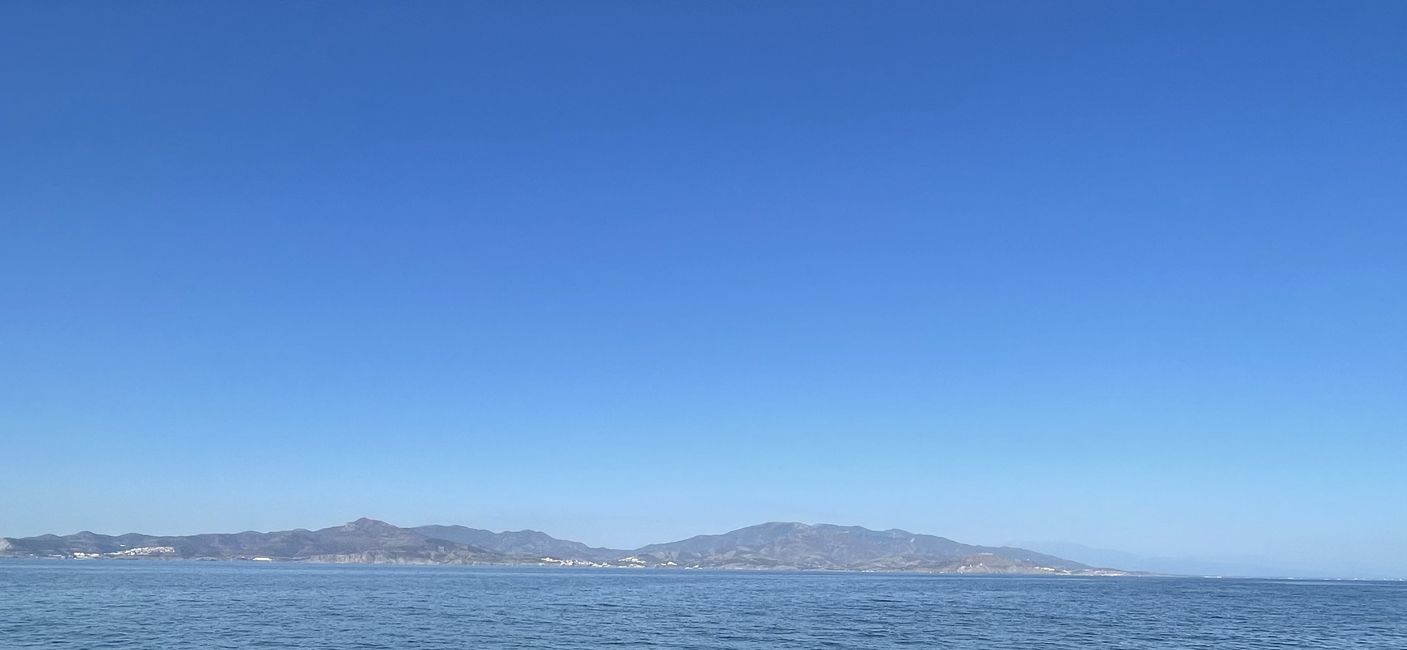
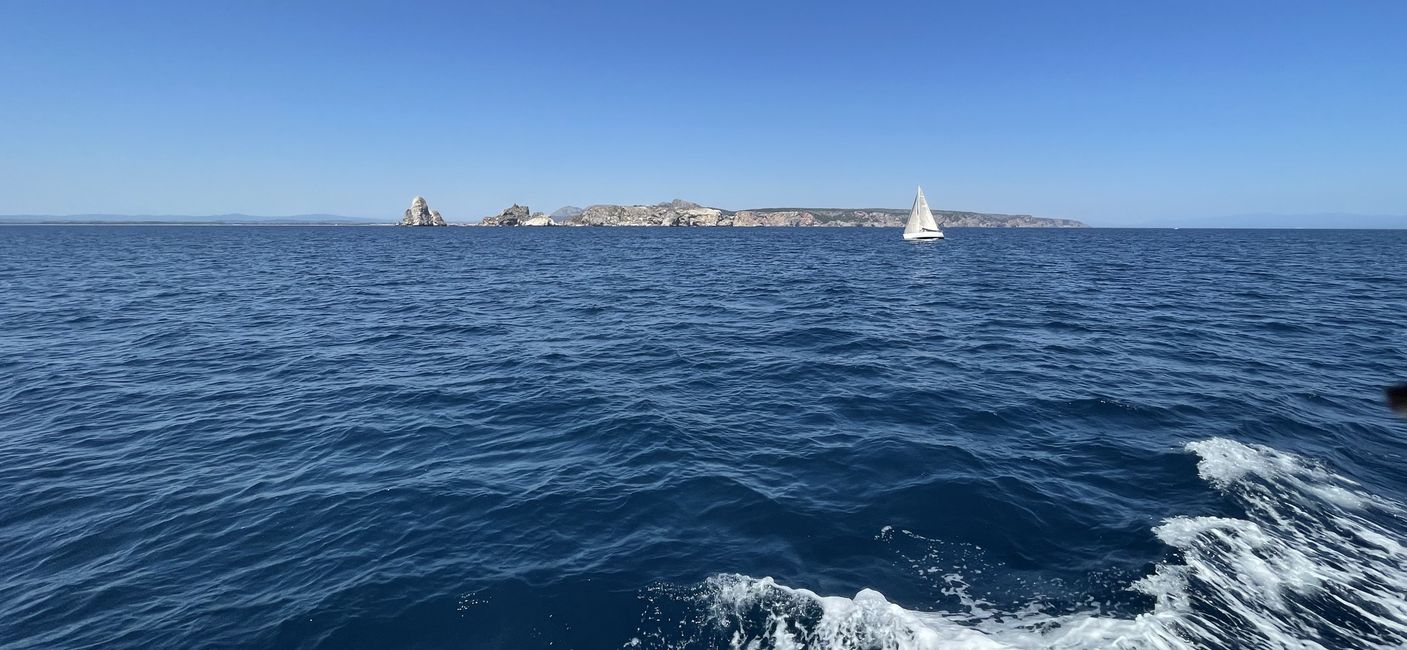
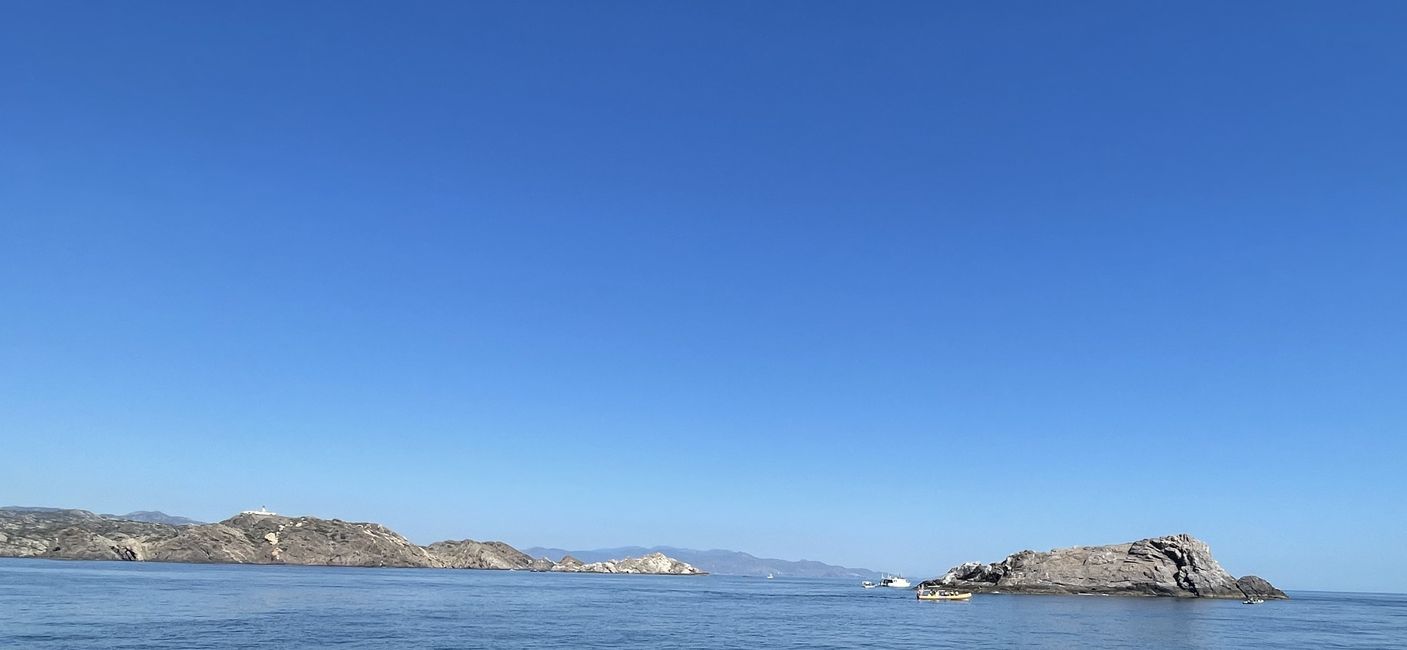
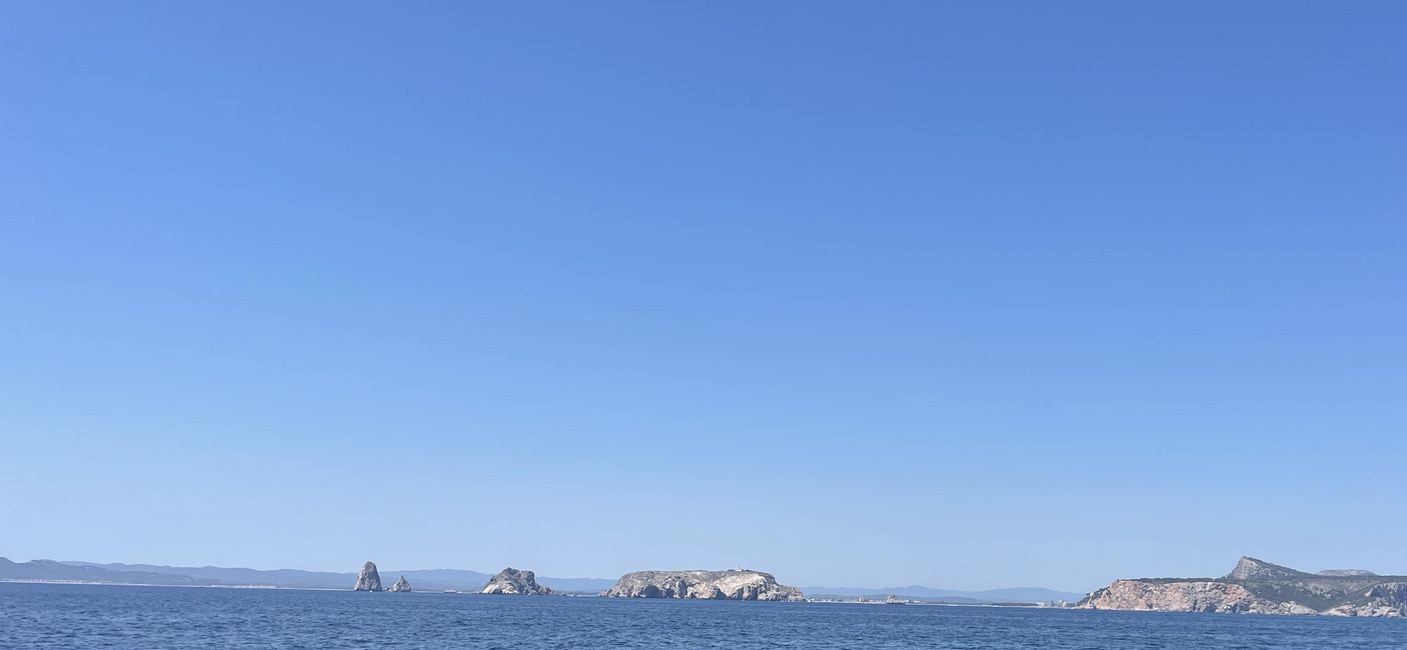
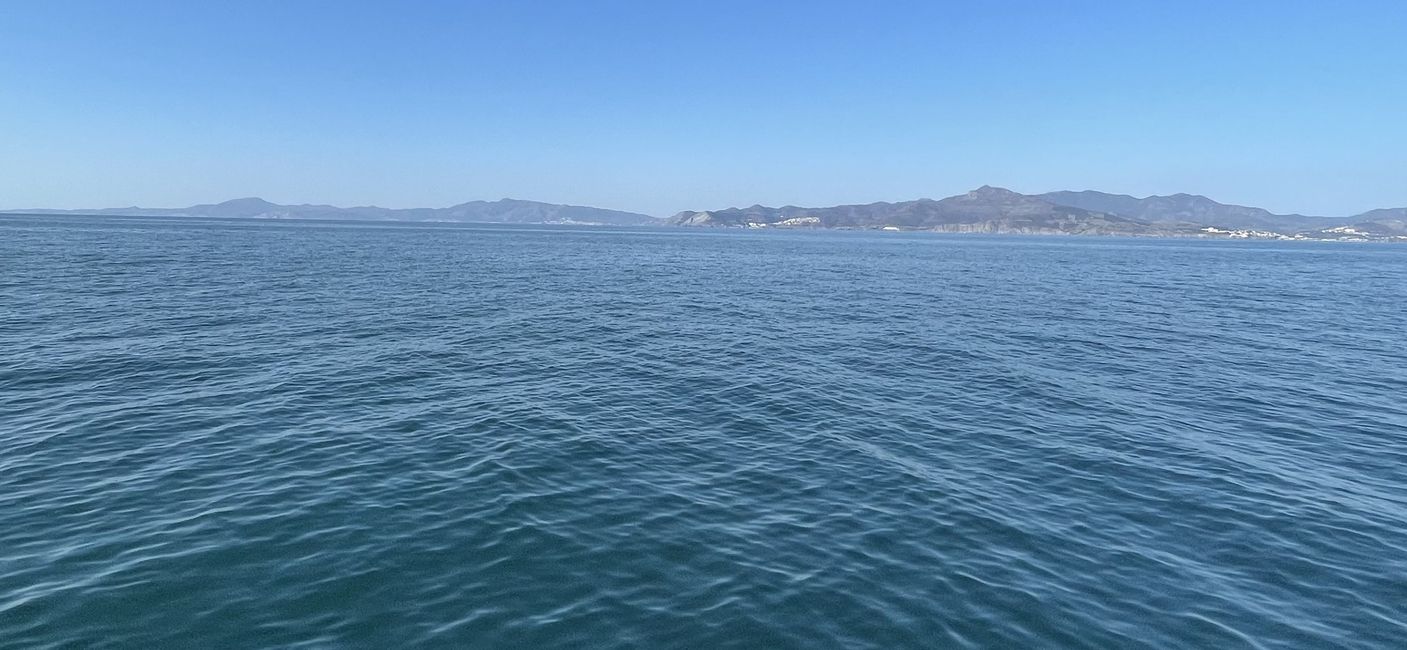
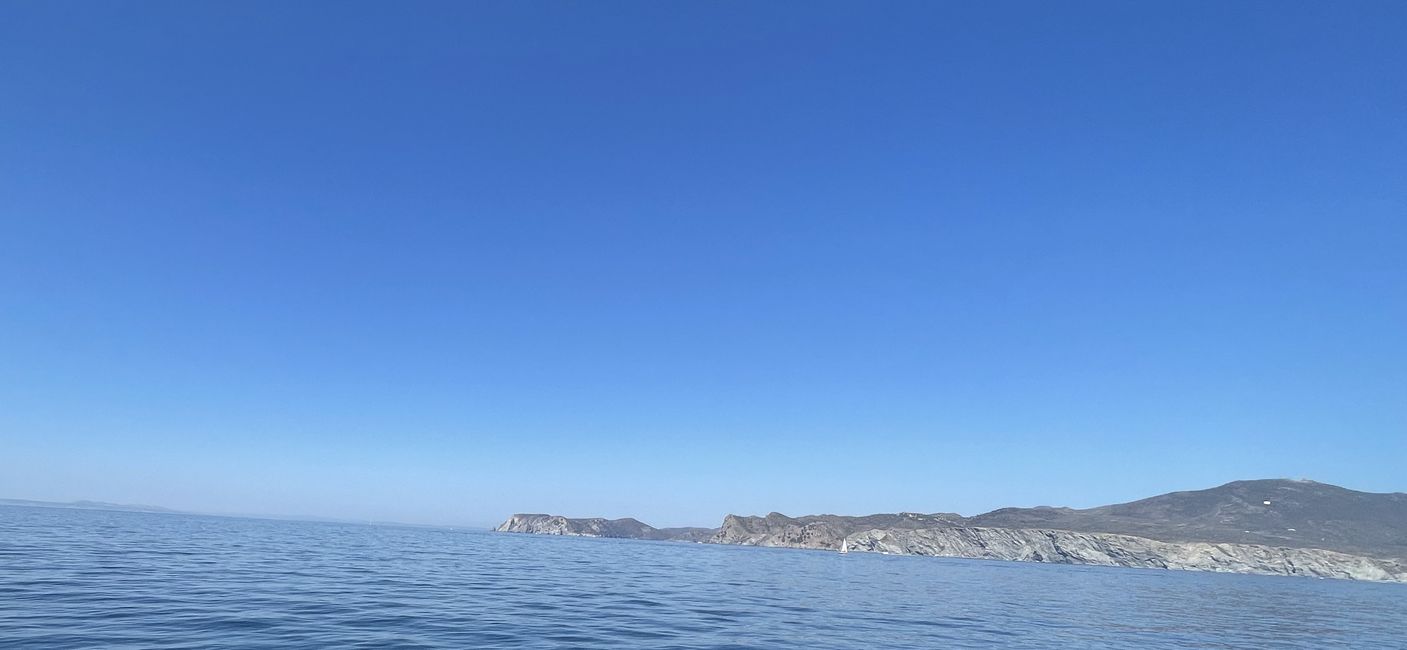
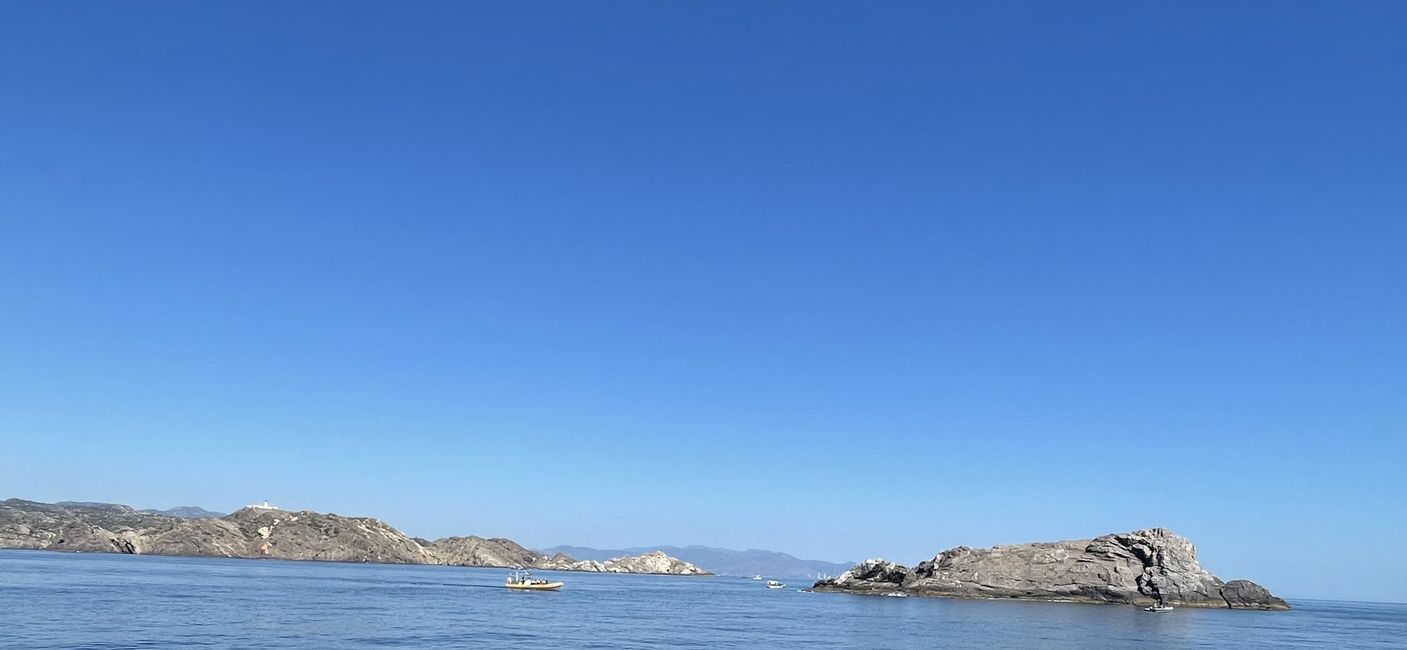
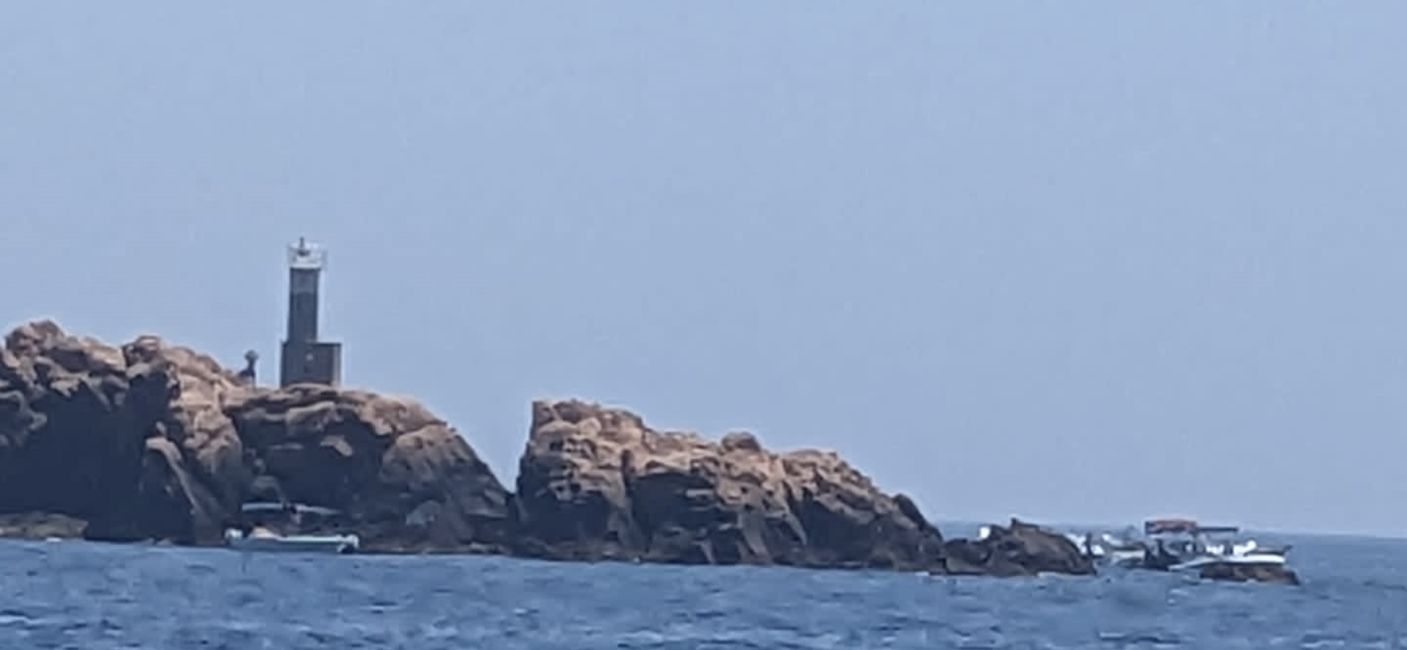
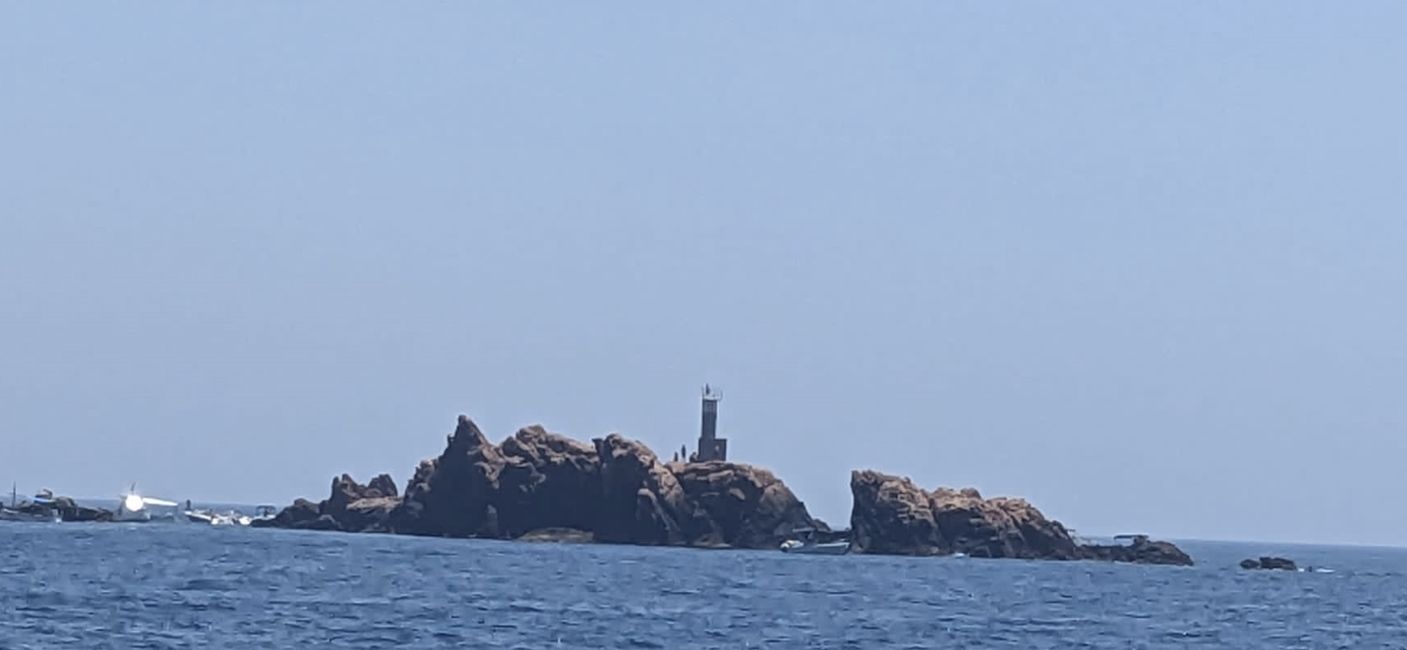
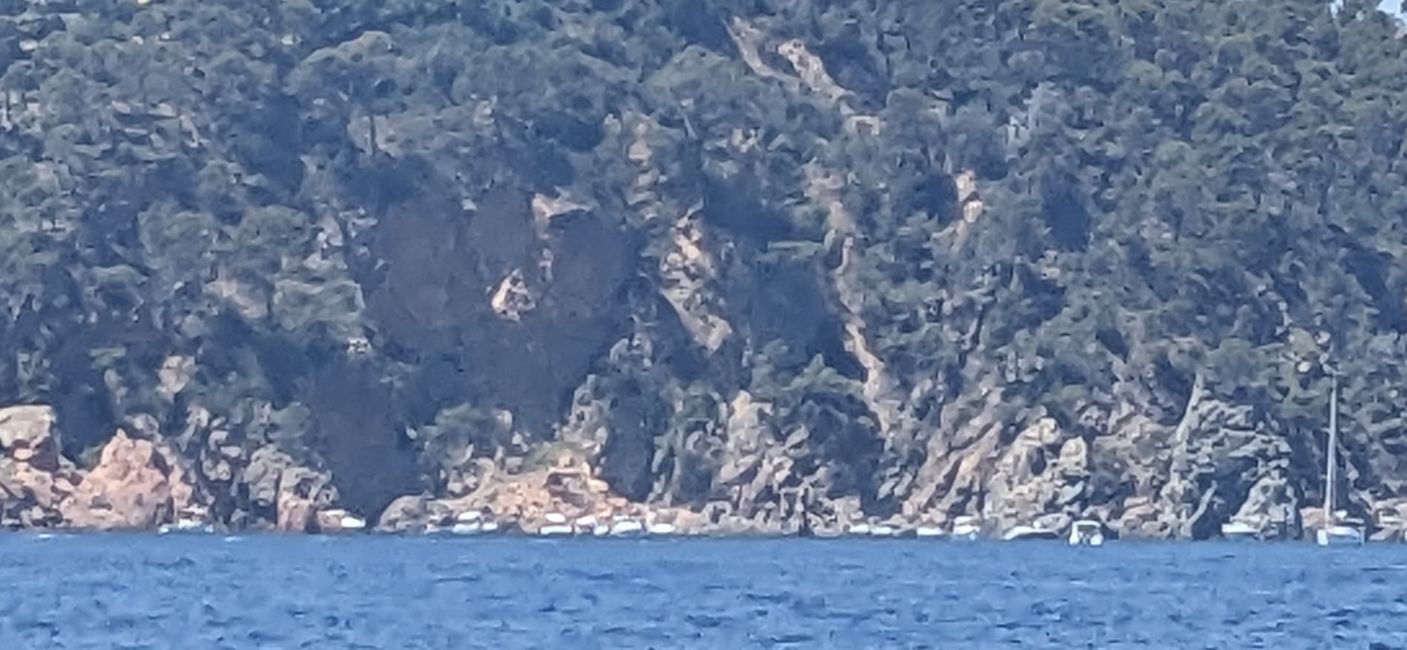
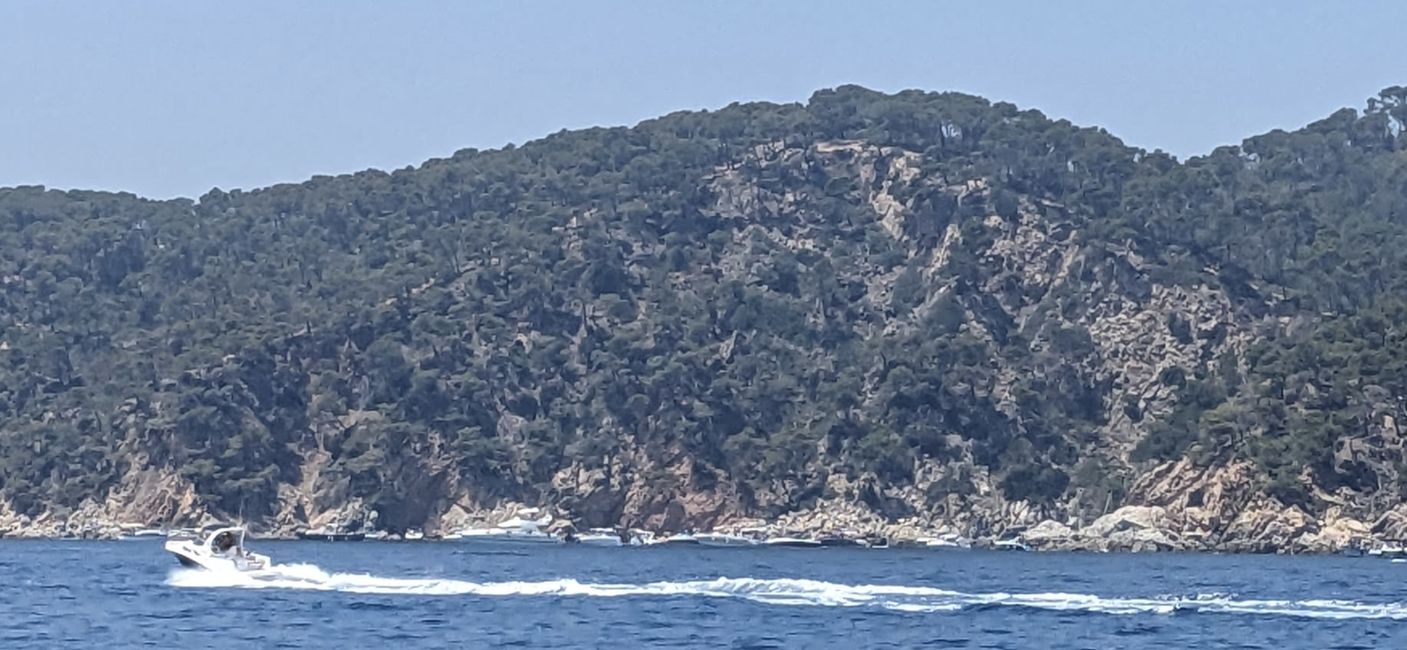
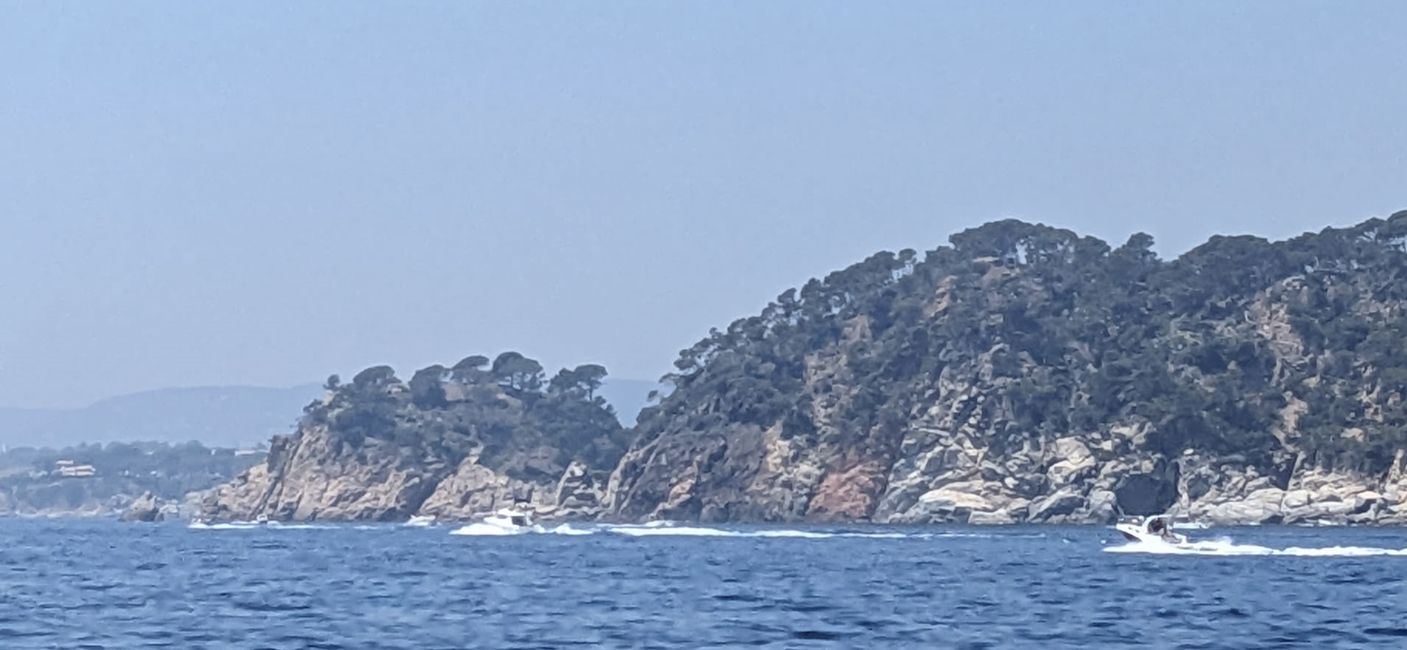
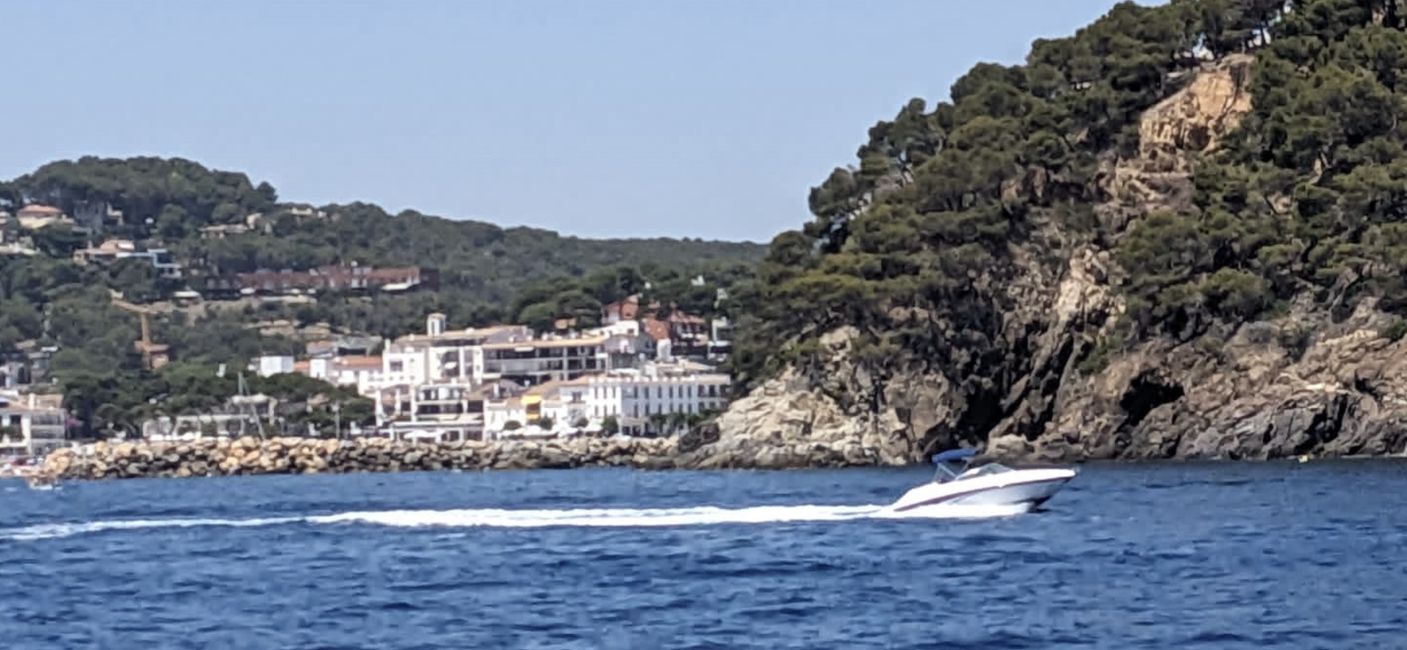
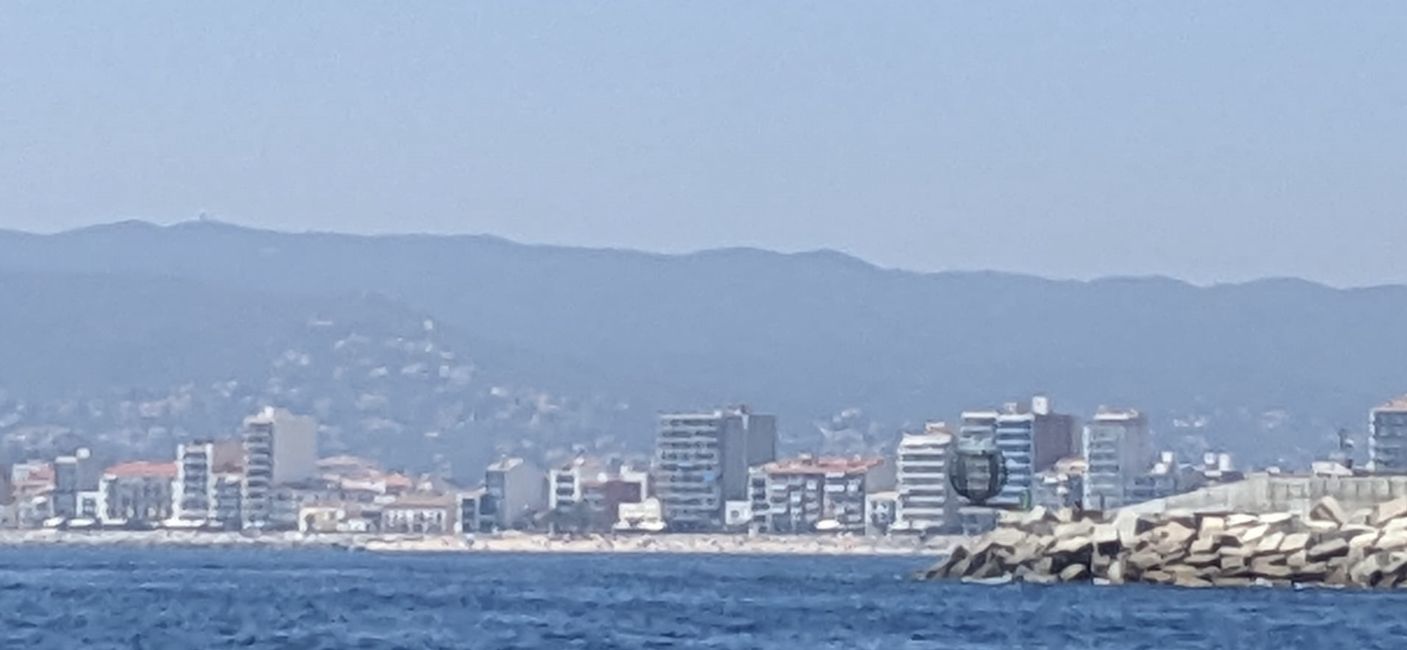
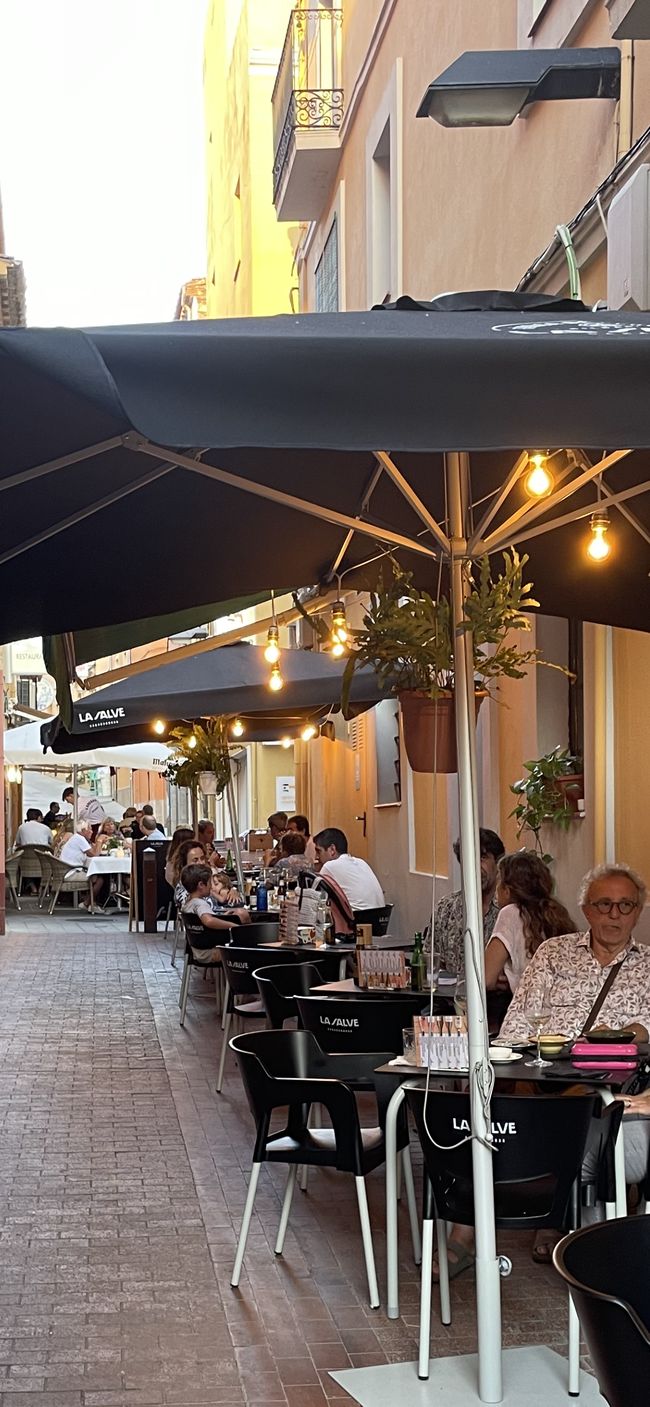
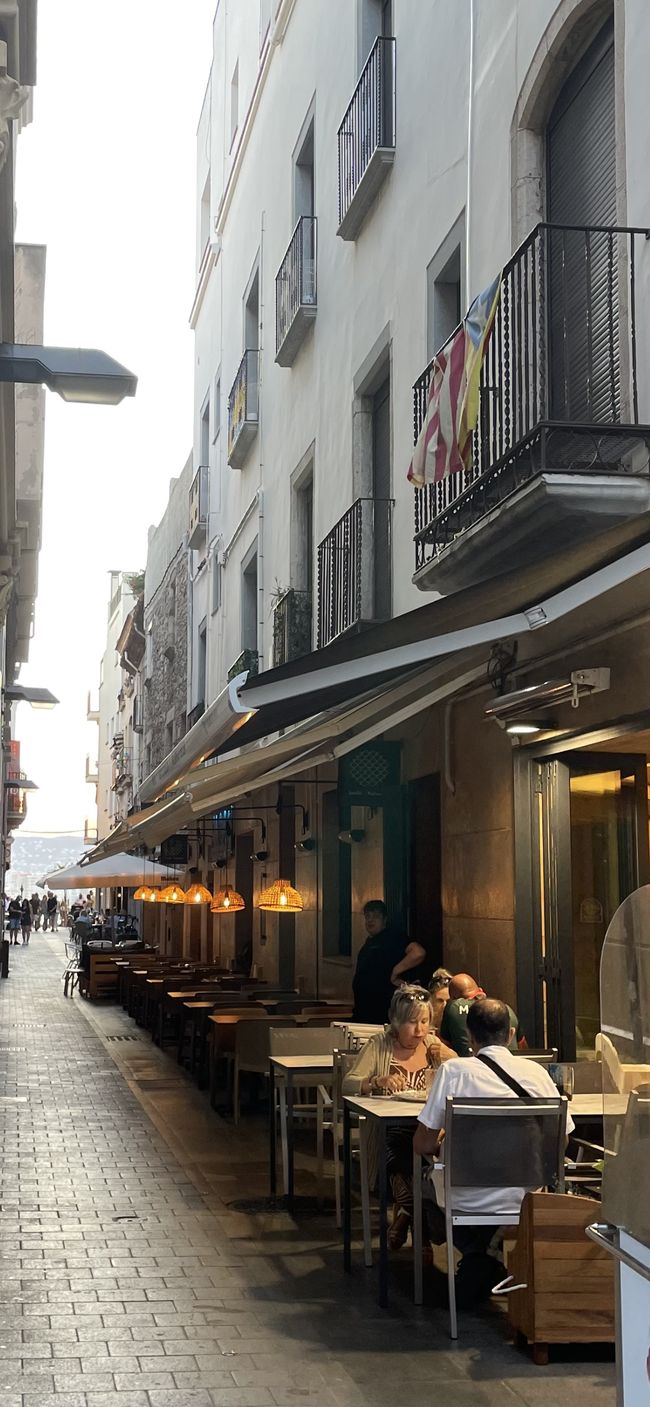
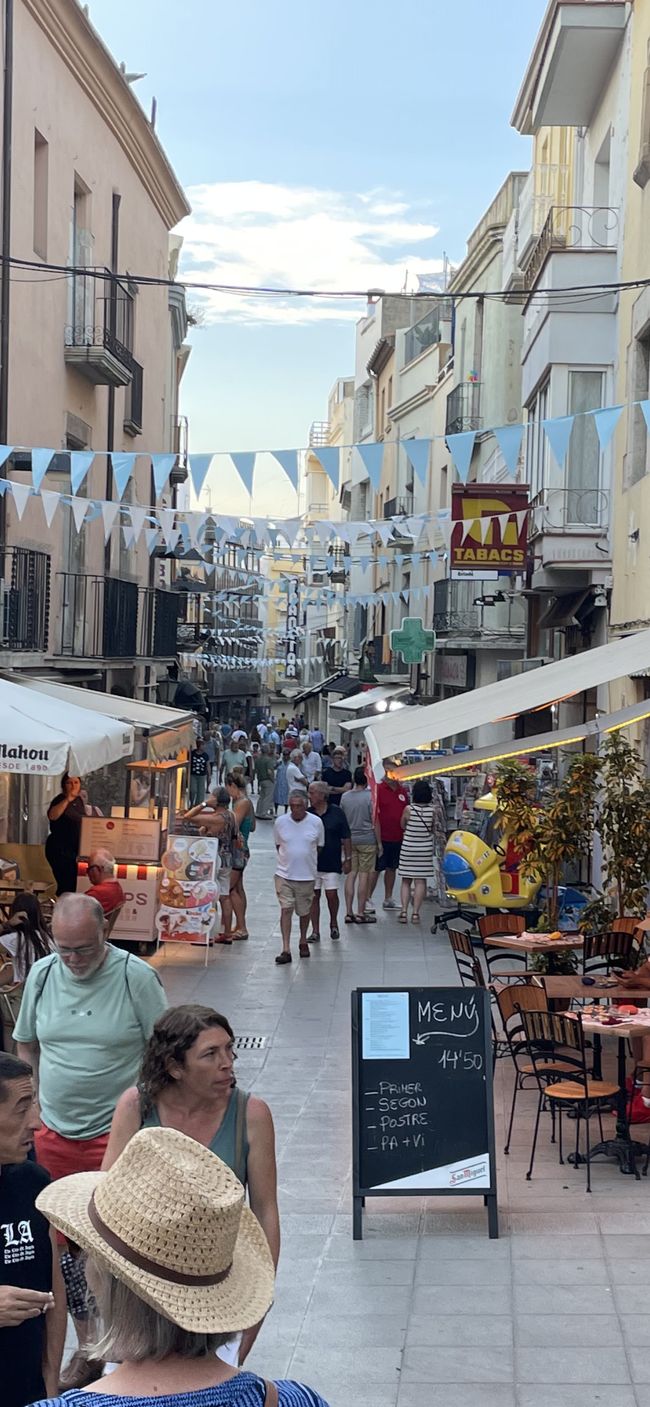
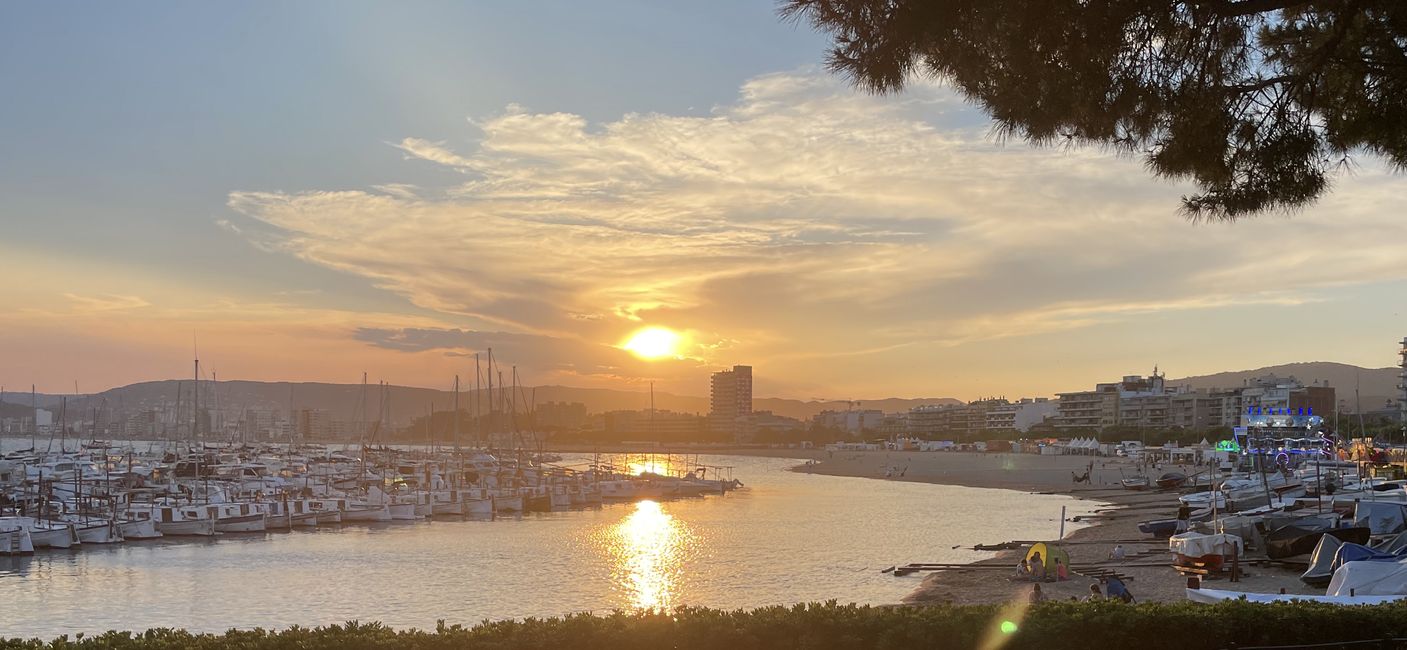
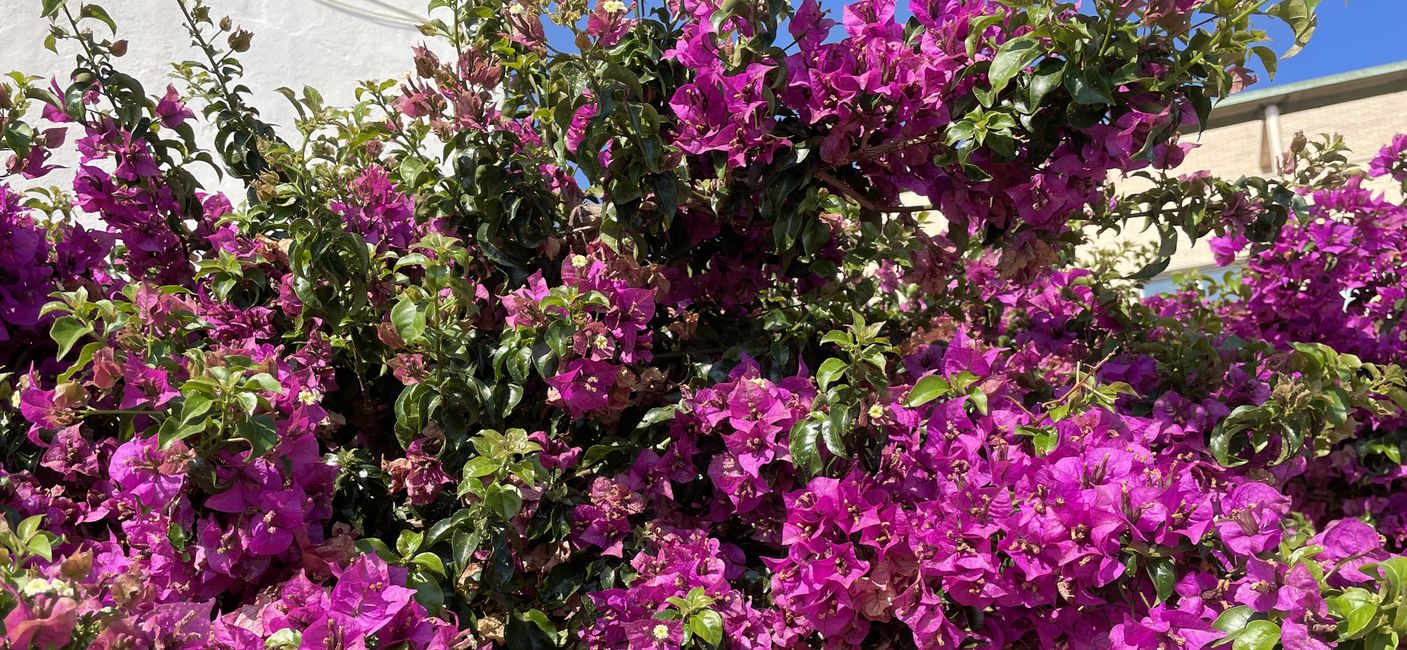
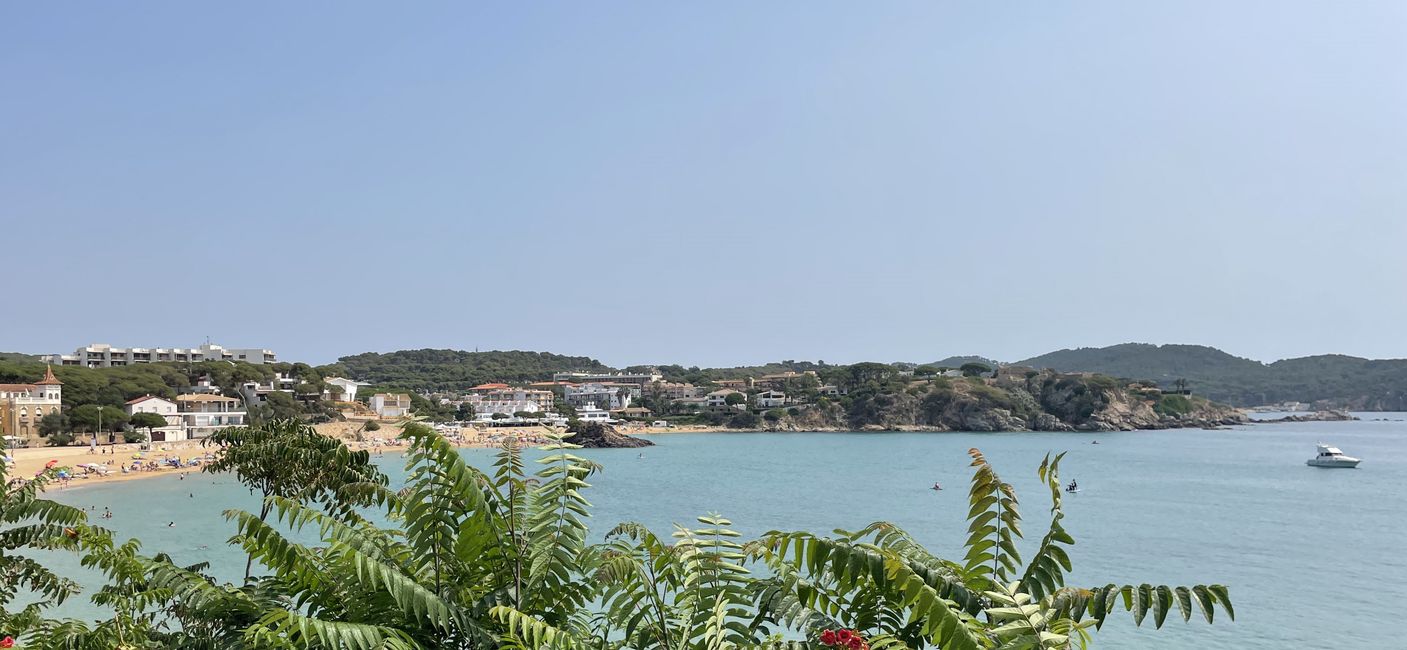
Бюллетеньгә язылу
Leucate, we spent a week in the harbor. The Tramontane keeps whipping up the sea, so on the first day, with a swell of 50 cm and around 15 kn of wind, we actually dare to venture out to the open sea. The sailors who spent the night at the dock with us were naturally eager for this weather. Our direct neighbor, also a sailor, advised us to stay, but if you haven't tried it yourself, you don't know what others are talking about. In short, he was right, and after an estimated hour, we moored again at the dock.
It was a Sunday, there was a market in town. The bread was gone, so I decided to go to the market to buy the essentials.
Our experience from St. Marie had instilled in us a tremendous respect. We followed the weather and wind forecasts as well as the wave forecasts. In the next few days, waves of up to 1.20 m were forecasted. The surf broke at the breakwaters at the entrance to the harbor. You don't notice it at the dock, except when the wind turns offshore and reaches 35 to 45 kn.
During this phase, the mood was at a perceived low point. I remembered the beautiful Baltic Sea, where we hung around for 2 or three days and could do something. Leucate is not suitable for that at all, so we started planning a trip. Perpignan would be a destination, the excursions from Leucate go towards the Pyrenees, whitewater rafting, hiking, exploring caves, all activities that we didn't have on our radar.
So we had to intensively deal with the weather, its development, its influences, duration, intensity, and the effect on our goals.
In the end, the weather god took pity on us and showed us a suitable time window for the onward journey.
Our actual destination at that time was Port Roses in the Gulf of Roses. At that time, however, we also noticed that the Gulf of Roses was still strongly influenced by the Tramontane. If we had waves in Leucate, they were also the same in Port Roses. So why drive to Port Roses in one day just to get stuck again.
It became apparent in all observations that the driving conditions were always significantly better along the coast than in the Gulf of Lion.
So we decided to set off from Leucate early in the morning with the sun. The trip to Palamos would have been about 8-9 hours, and we decided to decide at Cap de Creus whether to go to Port Roses or Palamos. After all, the wind was predicted to pick up around noon, and the waves in the Gulf of Roses were expected to build up again. And that for the next few days.
The crossing was calm, the current pushed us, so we made good progress. At Cap de Creus, there were a few turbulences, as different currents came together, so Gustav was shaken a bit. We decided to go to Palamos.
We crossed the Gulf of Roses directly from Cap de Creus to Cap de Begur. The current was against us, so everything took a bit longer.
After we had passed Cap Begur, we were back in familiar waters and made great strides towards the destination.
On the last stretch to Palamos, there are many small coves that are frequented by boats on Sundays. It was noticeable that the majority of the boats were motorboats. The few sailors we met on the way mostly sailed with motors. So all sizes of boats came towards us, from inflatable boats to 20 m day cruisers.
There was hardly any time, so we had to deal mostly with the bow waves of the other boats in relatively calm seas. And some of them were quite strong.
We arrived in Palamos safely, initially mooring alongside an isolated dock, where we were received directly by two marineros for the first time. At the harbor master, we were assigned our spot, and then when entering the berth, we had the support of the marineros. After all, it was our first maneuver with springs and bow lines.
The wind conditions were perfect for our maneuver, and with the help of the marineros, the two stern lines were quickly secured. Engine forward idle, we had some headwind, we handed over the bow lines, led them forward, lifted the bowline out of the water, and secured it to the bow cleats.
It worked great, but the marinero was not at all happy with our exposed cover of the dinghy. In the end, it had to be dismantled. With 30 degrees heat and hardly any wind behind the boat, it was torture. The result was impressive, we can now step over from the second rung onto the dock, and the marinero even approved it.
We end the day with a shower and a short walk through the town. There are small bistros, restaurants everywhere that only open at 7:00 to 8:00 p.m. We're thirsty, so we start with a dockside beer, a few steps further we find a restaurant that already has the kitchen open. With a full stomach, we take a walk through the old town and return to the harbor.
The day was long, and we fall asleep quickly. But one thing is certain after this short stay, before we tackle the last stretch to Masnou, we will stay in Palamos for a few days.
Бюллетеньгә язылу
.Авап
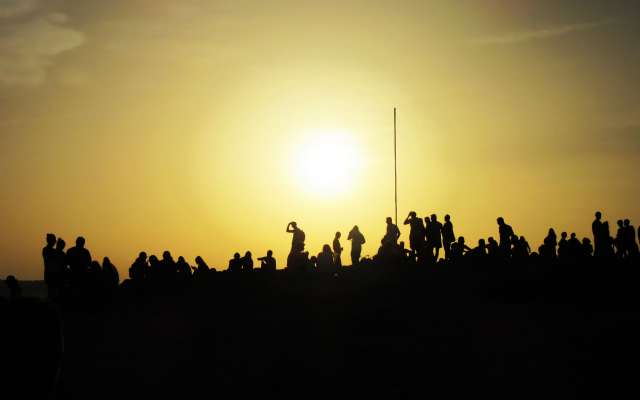
Сәяхәт отчетлары Испания
